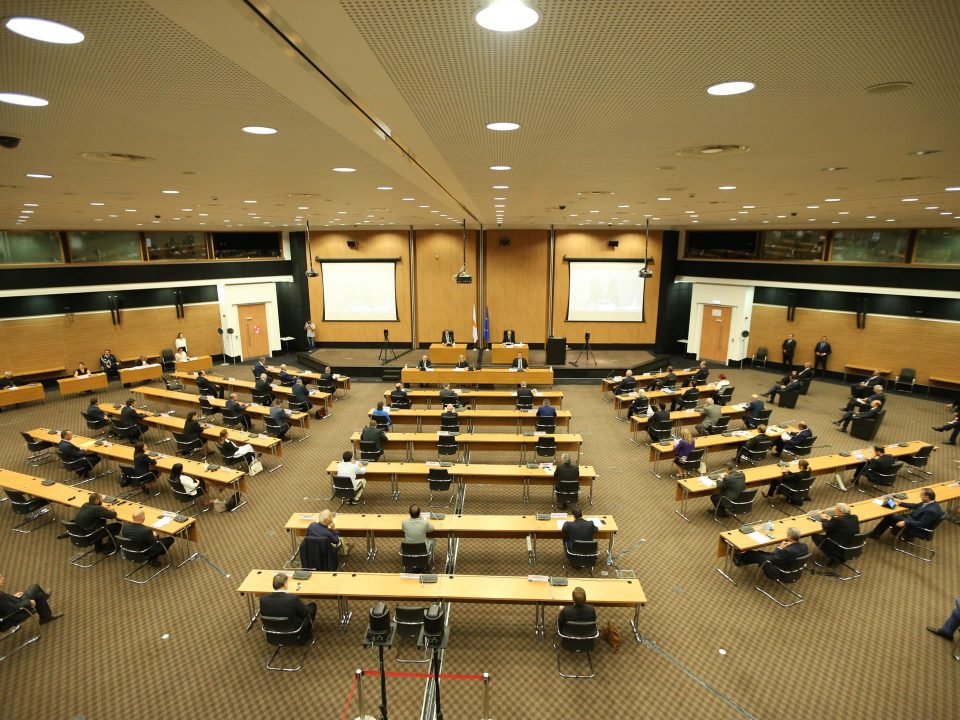Following around four years of discussions, a bill creating an anti-corruption authority will finally go to the plenum this week, with an MP saying the outfit will establish Cyprus’ bona fides as a place where corruption in public life is not tolerated.
The House legal affairs committee convened in a special session on Monday to review all the parties’ amendments to the bill and consolidate them into one text.
Committee chair Nicos Tornaritis described the agreed-upon procedure governing the appointment of the anti-corruption authorities’ members – previously a point of contention among political parties.
He said that an advisory council will produce an initial list of 15 people as nominees for the authority – which will comprise five members. The advisory council itself will consist of five people: a retired supreme court judge (the chair); the head of the Academy of Sciences, Letters and Arts; the head of the Cyprus Bar Association; the head of the Institute of Certified Public Accountants; and the chairman of the Cyprus Rectors’ Conference.
This advisory body must within 40 days bring a list of 15 nominees to the House legal affairs committee. Following a closed-doors session of that committee discussing the matter, the advisory council will submit its list of 15 candidates to the President of the Republic, and the latter will pick the five members comprising the anti-corruption authority.
The authority’s members will serve a six-year stint.
As far as the authority’s competences go, Tornaritis said its activities will be purely investigative – but not in any juridical sense. If during the examination of a matter the authority identifies possible disciplinary offences, it will refer these to the relevant public body. Should it find a potential criminal offence, it will submit a report to the attorney-general.
The Green party had wanted the anti-corruption authority to be endowed with law-enforcement-style investigative powers as well – but Tornaritis said this was a minority opinion, left out of the final draft of the bill. The Greens may still table an amendment during the House plenary should they wish.
The anti-corruption authority will examine reports/complaints about misfeasance in the broader public sector, but will also be able to look at private-sector corporations where these have dealings with the government.
The item goes hand in hand with a whistleblowers’ bill that has already been enacted; a third related bill, regulating lobbying, is still pending.
“I feel that with passage of this bill we are sending a strong signal, both within and outside Cyprus,” Tornaritis remarked.
Noting that passage will unlock the first tranche of funds from the EU’s Recovery and Resilience Facility, the MP added that it was not only about this.
“Only with actions can we respond to those who place Cyprus, or the system in Cyprus, in categories where the Republic of Cyprus should not be,” he said – an apparent allusion to Cyprus’ slide on global corruption indexes.







Click here to change your cookie preferences